Wang Yi’s Upcoming India Visit Sparks New Hope for Cooperation
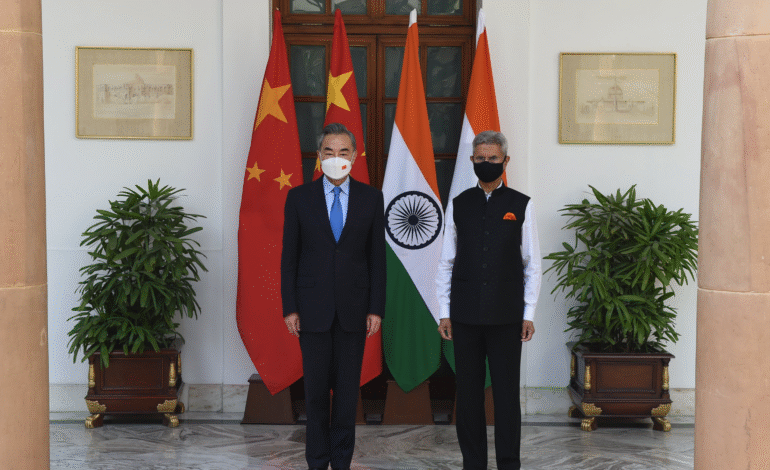
In a potentially game-changing development, Chinese Foreign Minister Wang Yi is expected to visit India later this month for the 24th round of the Special Representatives (SR) talks. This diplomatic move is seen as a critical opportunity to reset bilateral relations between the two Asian giants, which have been tense since the 2020 Galwan Valley clashes. The meeting, if confirmed, marks an effort to de-escalate long-standing border issues and explore cooperation.
The talks come at a time when both countries are attempting to re-establish trust through dialogue and incremental diplomacy. With China and India both expanding their influence globally, their bilateral stability is of keen interest not only to Asia but to the Middle East and the UAE, where economic and strategic partnerships with both nations continue to grow.
Understanding the SR Talks and Their Historical Importance
The Special Representatives dialogue mechanism was established in 2003, stemming from an initiative by then-Indian Prime Minister Atal Bihari Vajpayee. This platform was specifically designed to tackle the India-China boundary issue through structured, high-level discussions. Over the years, the SR mechanism has acted as a pressure-release valve, ensuring that even during tense moments, communication lines remain open.
The 23rd round of talks, held in Beijing last year, laid the groundwork for what could be a meaningful step forward in this upcoming session. The border dispute spans a staggering 3,488 kilometers along the Line of Actual Control (LAC). Skirmishes, most notably the 2020 Galwan Valley incident, have frequently strained ties. The current dialogue aims to reverse the negative trajectory set in motion by that clash.
From Galwan to Kazan: A Timeline of Changing Tides
Wang Yi’s possible visit would be his second since the Galwan Valley incident, following a brief visit to India in March 2022. The most recent turning point came during the BRICS Summit in Kazan, Russia, in 2024, where Indian Prime Minister Narendra Modi and Chinese President Xi Jinping met face-to-face. Their dialogue signaled a shared intent to stabilize relations.
This post-Kazan engagement opens space for both sides to explore constructive dialogue. For the UAE and broader Middle East, which have strategic and economic links with both countries, normalization between India and China is more than bilateral it affects regional diplomacy, trade corridors, and security frameworks.
Reviving Cultural Diplomacy and People-to-People Engagements
A major casualty of the 2020 tensions was the freezing of people-to-people exchanges. One symbolic loss was the suspension of the ke , a pilgrimage revered by Hindus and Buddhists. Its revival is now under serious discussion, seen as a move that could foster cultural diplomacy and mutual goodwill.
For the UAE, home to millions of Indian expatriates, this is a matter of direct relevance. Renewed religious and cultural connectivity could enrich diaspora ties and deepen bilateral cooperation between India and China in soft power areas. Additionally, restoring direct air travel routes would boost tourism and business exchanges, contributing to smoother international mobility for professionals, scholars, and spiritual seekers alike.
Geopolitical Challenges: Pakistan Factor and Regional Concerns
India remains deeply concerned about China’s strategic relationship with Pakistan, particularly in the context of terrorism and the China-Pakistan Economic Corridor (CPEC), a major initiative under Beijing’s Belt and Road Initiative (BRI). From India’s viewpoint, CPEC passes through areas it considers sovereign territory, and Beijing’s investments are interpreted as political support for Islamabad.
This triangular tension affects the entire South Asian region, and by extension, interests in the Middle East. Countries like the UAE, which are focused on counterterrorism cooperation and regional stability, are likely to keep a close watch. India’s vocal stance on Pakistan-sponsored terrorism resonates with broader regional concerns, including those within Gulf Cooperation Council (GCC) countries.
Role of the SCO and Diplomatic Momentum Ahead
The Shanghai Cooperation Organisation (SCO) continues to serve as an important multilateral forum where India and China can engage despite bilateral strains. With China currently holding the SCO presidency, the upcoming Foreign Ministers’ Meeting in July 2025 and the full summit in August in Beijing are key diplomatic events.
India’s External Affairs Minister Dr. S. Jaishankar is expected to travel to China for these meetings. While no meeting is planned between him and Pakistan’s Foreign Minister due to recent terror-related tensions a bilateral with Wang Yi is anticipated. These talks could build continuity leading up to the SCO Summit, potentially offering a platform for broader understanding.
For the UAE, an observer state in the SCO, the organization’s ability to mediate regional tensions and boost cooperation on security and development is of great interest. The UAE also has growing energy, tech, and trade ties with both India and China, making regional diplomatic stability a strategic priority.
Shared Interests in Water, Media, and Innovation Cooperation
Water security is a critical issue for South Asia and also resonates with arid regions like the UAE. One promising area of India-China cooperation is river water data sharing, particularly concerning rivers that originate in Tibet. Transparent information exchange on water flow and quality could mitigate tensions over transboundary water resources.
Likewise, cooperation between media outlets and think-tanks has the potential to foster mutual understanding. These engagements can broaden perspectives on topics such as climate resilience, AI governance, and global security a theme close to the UAE’s vision for collaborative innovation. By enabling more cross-border intellectual and policy collaboration, both countries can frame narratives that extend beyond traditional political rivalry.
Middle East Perspectives: Strategic Stability Through Diplomatic Dialogue
The Middle East, especially the UAE, sees stable India-China ties as essential for global trade, energy markets, and regional balance. The UAE’s close economic partnership with India and growing connectivity with China position it as a bridge for diplomatic initiatives. Whether in multilateral forums like BRICS and SCO, or through trilateral platforms involving the Gulf, the Emirates remains a silent but strategic observer of every India-China engagement.
UAE-based businesses and institutions could also benefit from greater India-China connectivity in infrastructure development, renewable energy ventures, and digital transformation projects. As both Asian giants realign their global footprints, the Middle East could be a key beneficiary provided regional diplomacy prevails over rivalry.
Looking Ahead: Hope Rests on Continued Engagement
While the India-China relationship remains delicate, Wang Yi expected visit reflects a shared willingness to keep diplomatic channels open. Rebuilding trust after the Galwan clashes will require more than one high-level visit. It will demand sustained cooperation, people-to-people exchanges, and a shared vision for peace in Asia.
The role of countries like the UAE in quietly supporting dialogue and encouraging regional stability should not be underestimated. With India and China among its top economic partners, the Emirates has every incentive to advocate for peace, connectivity, and cooperation.
For now, the world watches as two of Asia’s most powerful nations attempt to move beyond confrontation towards a future shaped by dialogue, shared interests, and mutual respect.

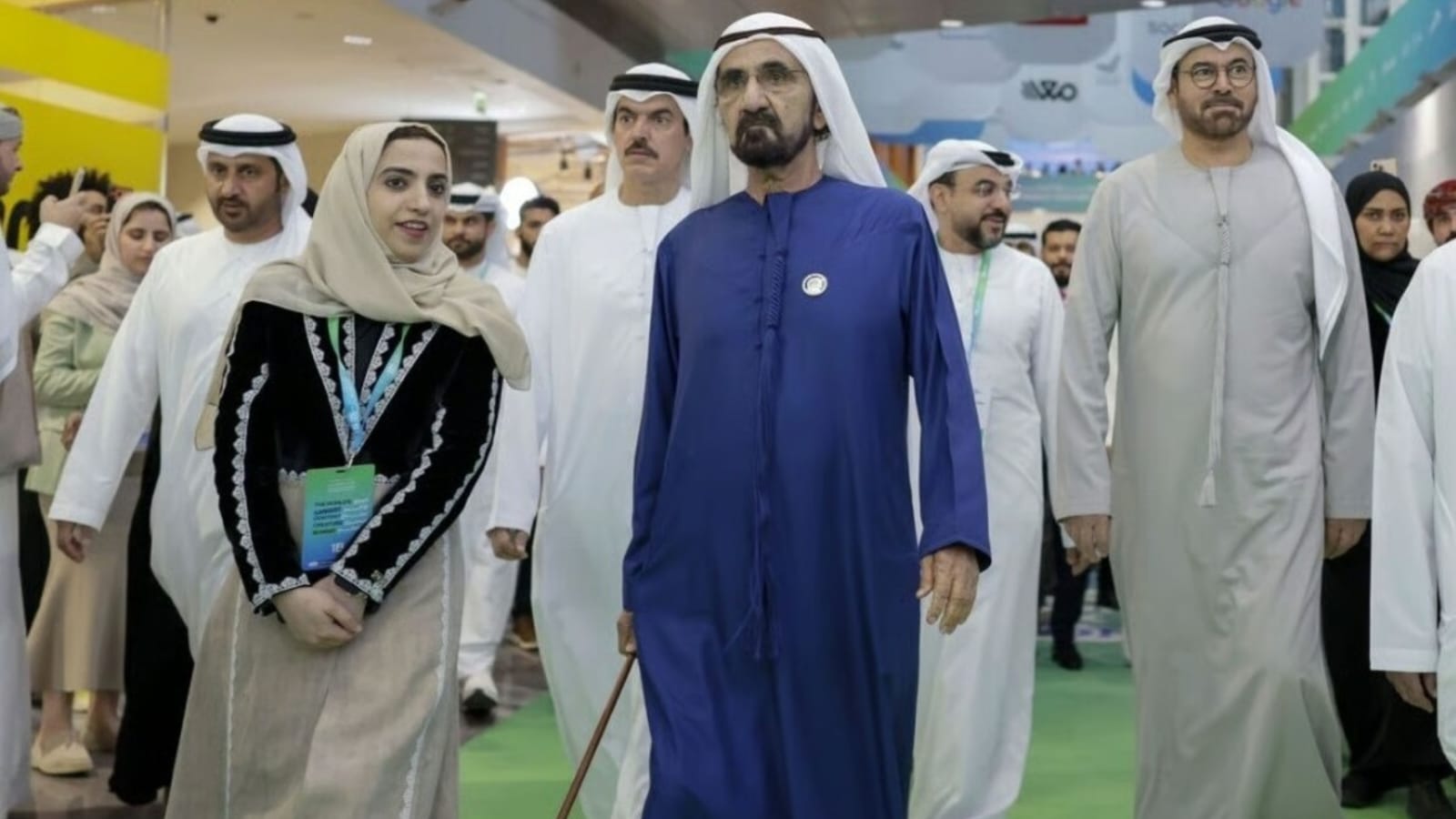
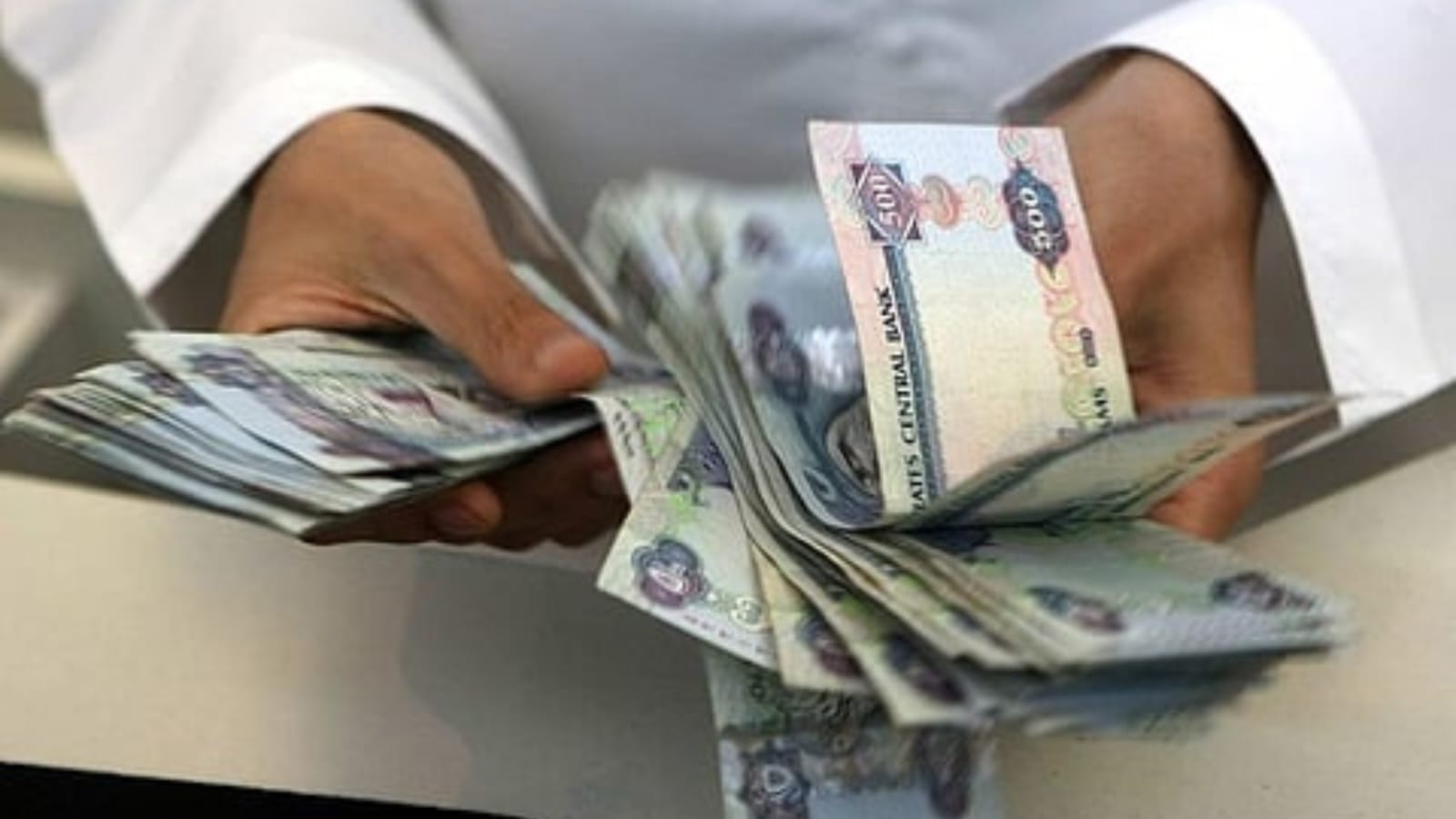
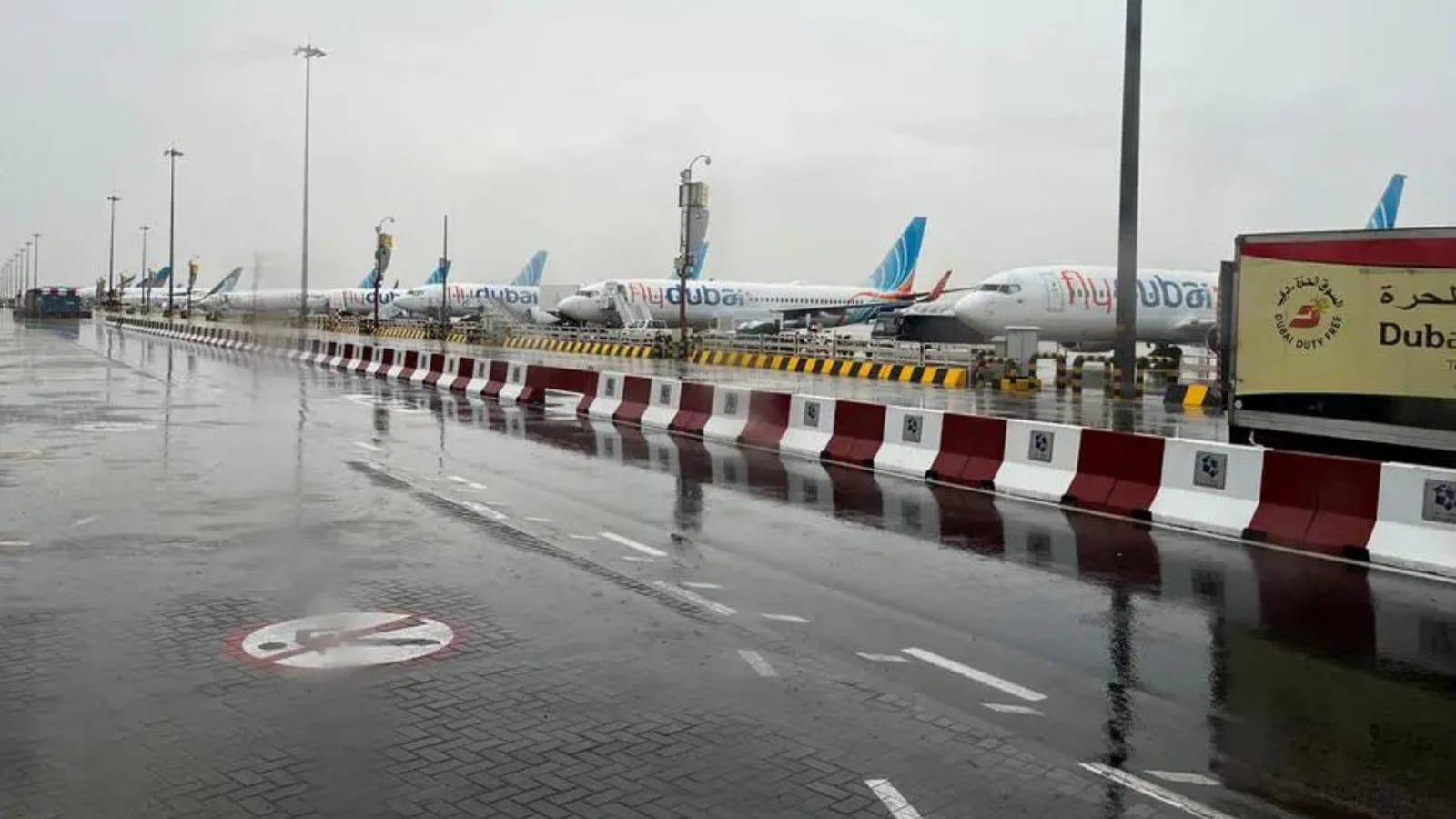

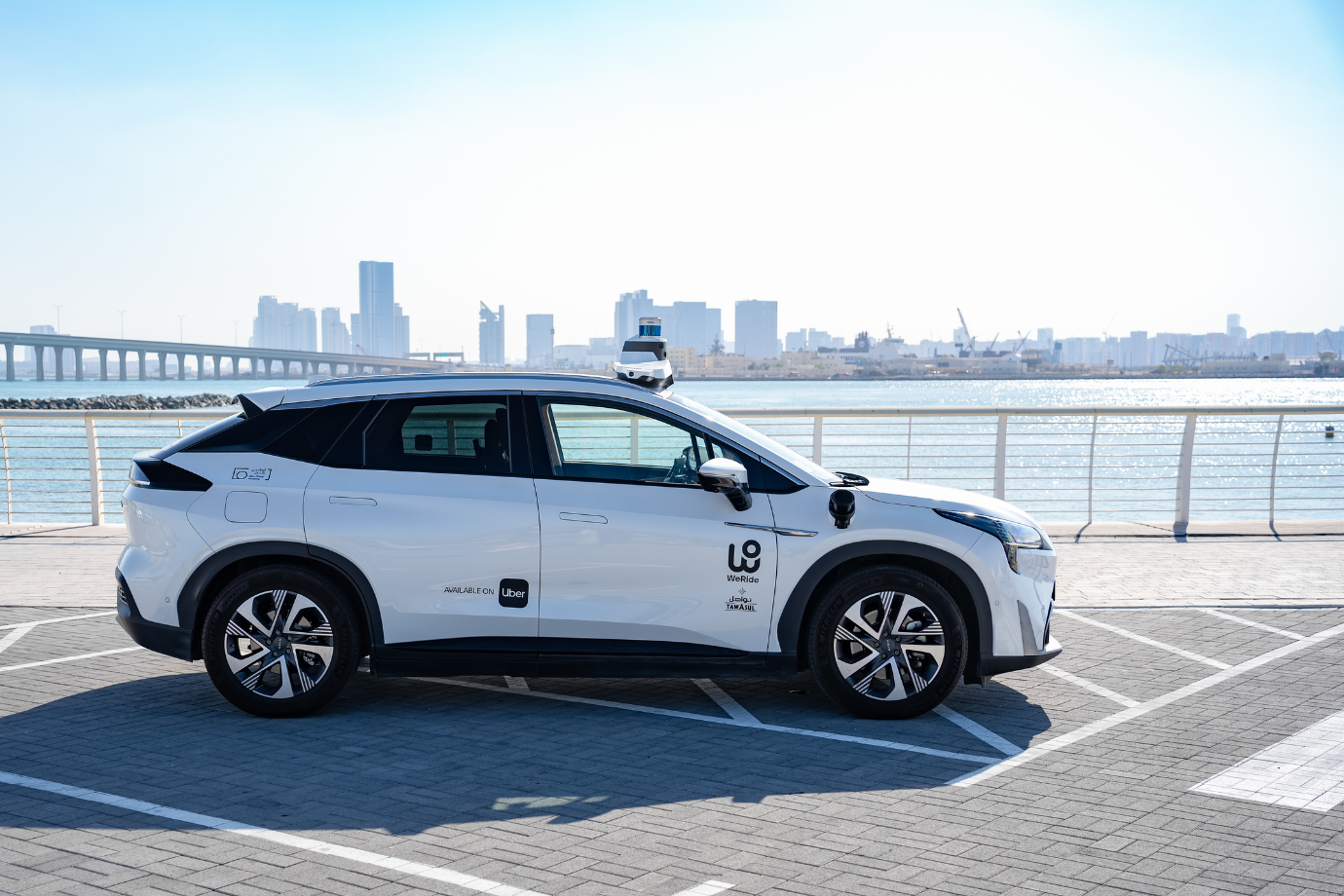


1 Comment
[…] a significant diplomatic development, China’s Foreign Minister Wang Yi declared that Beijing is ready to work closely with New Delhi to handle differences and avoid conflict, emphasizing trust […]
Comments are closed.